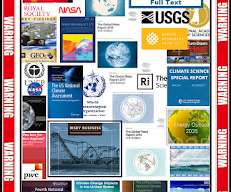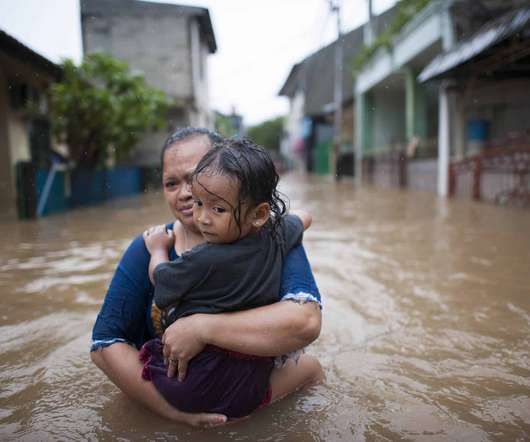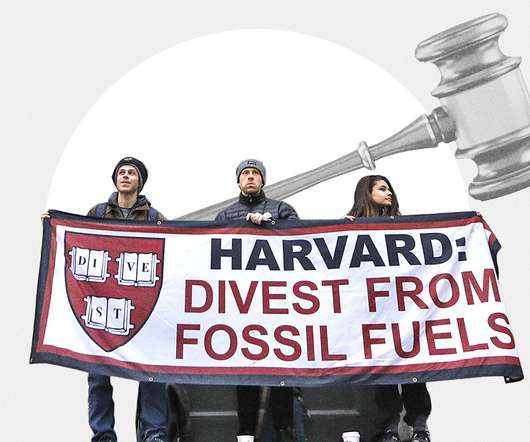You Can't Say You Haven't Been Warned
Green Market Oracle
DECEMBER 9, 2019
In 2006 the Stern Review warned us that we had to urgently reduce our emissions to avoid the worst impacts of climate change. Seven years ago the IEA and the WRI warned that we need to stop burning fossil fuels. In fact, in the 1960s the fossil fuel industry's own science revealed that they are causing global warming.














Let's personalize your content